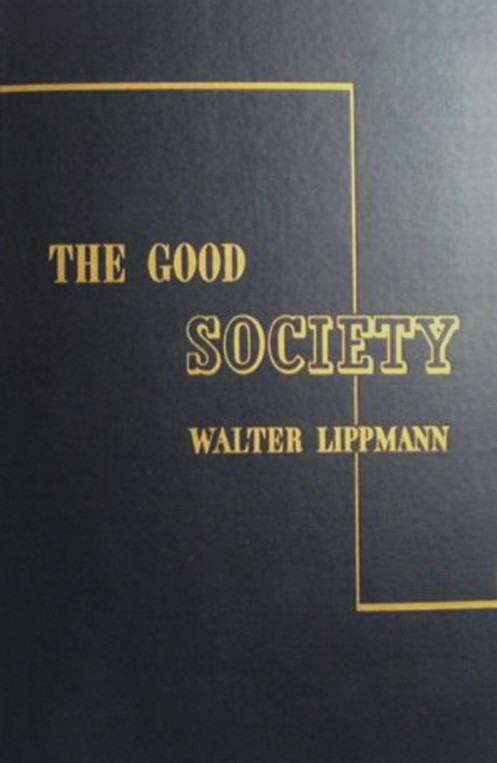Michael Taussig: Mimesis and Alterity: A Particular History of the Senses (1993)
Filed under book | Tags: · alterity, anthropology, colonialism, ethnography, mimesis, racism, society

In his most ambitious and accomplished work to date, Michael Taussig undertakes a history of mimesis, the practice of imitation, and its relation to alterity, the opposition of Self and Other. Drawing upon such diverse sources as theories of Benjamin, Adorno and Horckheimer, research on the Cuna Indians, and theories of colonialism and postcolonialism, Taussig shows that the history of mimesis is deeply tied to colonialism, and more specifically, to the colonial trade’s construction of “savages.” With analysis that is vigorous, unorthodox, and often breathtaking, Taussig’s cross-cultural discussion of mimesis deepens our understanding of the relationship between ethnography, racism and society.
Publisher Routledge, New York/London, 1993
ISBN 0415906873, 9780415906876
320 pages
Walter Lippmann: The Good Society (1937)
Filed under book | Tags: · collectivism, economy, law, liberalism, liberty, politics, society, totalitarianism

The Good Society is a critical text in the history of liberalism. Initially a series of articles published in a variety of Lippmann’s favorite magazines, as the whole evolved, it became a frontal assault against totalitarian tendencies within American society. Lippmann took to task those who sought to improve the lot of mankind by undoing the work of their predecessors and by undermining movements in which men struggle to be free. This book is a strong indictment of programs of reform that are at odds with the liberal tradition, and it is critical of those who ask people to choose between security and liberty. The Good Society falls naturally into two segments. In the first, Lippmann shows the errors and common fallacies of faith in government as the solution to all problems. He says, “from left to right, from communist to conservative. They all believe the same fundamental doctrine. All the philosophies go into battle singing the same tune with slightly different words.” In the second part of the book, Lippmann offers reasons why liberalism lost sight of its purpose and suggests the first principles on which it can flourish again. Lippmann argues that liberalism’s revival is inevitable because no other system of government can work, given the kind of economic world mankind seeks. He did not write The Good Society to please adherents of any political ideology. Lippmann challenges all philosophies of government, and yet manages to present a positive program. Bewildered liberals and conservatives alike will find this work a successful effort to synthesize a theory of liberalism with the practice of a strong democracy.
Publisher Little, Brown and Company
433 pages
Harold Garfinkel: Studies in Ethnomethodology (1967/2006) [English/Spanish]
Filed under book | Tags: · ethnomethodology, everyday, linguistics, social science, social theory, society, sociology

This is one of the major classics of contemporary sociology. Studies in Ethnomethodology has inspired a wide range of important theoretical and empirical work in the social sciences and linguistics. It is one of the most original and controversial works in modern social science and it remains at the centre of debate about the current trends and tasks of sociology and social theory.
Ethnomethodology – the study of the ways in which ordinary people construct a stable social world through everyday utterances and actions – is now a major component of all sociology and linguistics courses. Garfinkel’s formidable reputation as one of the worlds leading sociologists rest largely on the work contained in this book.
Publisher Prentice-Hall, New Jersey, 1967, 288 pages
Translated to Spanish by Hugo Antonio Perez Hernaiz, published under the title Estudios en Etnometodologia by Anthropos Editorial, Barcelona, 2006. ISBN 8476587856, 331 pages.

